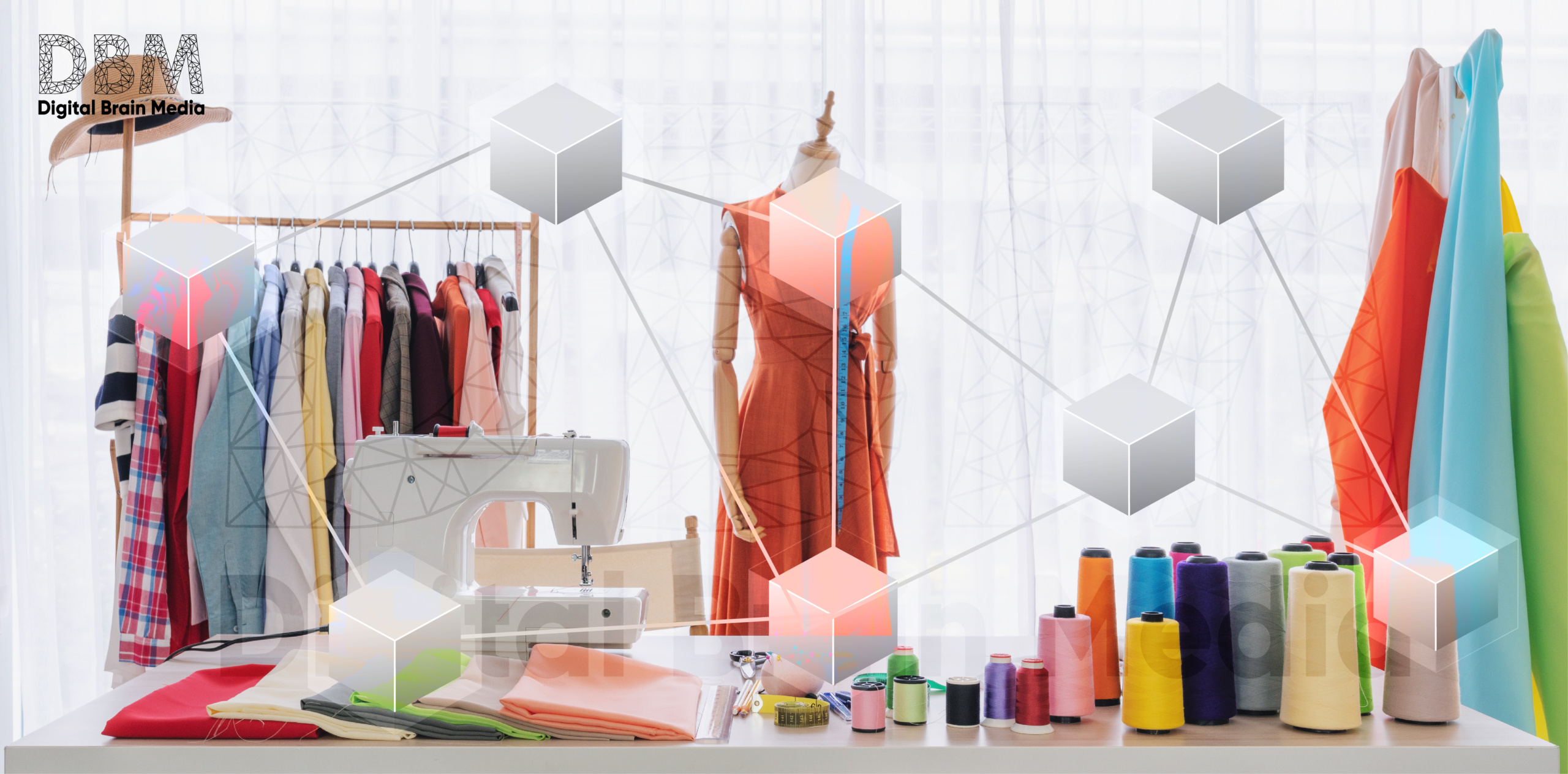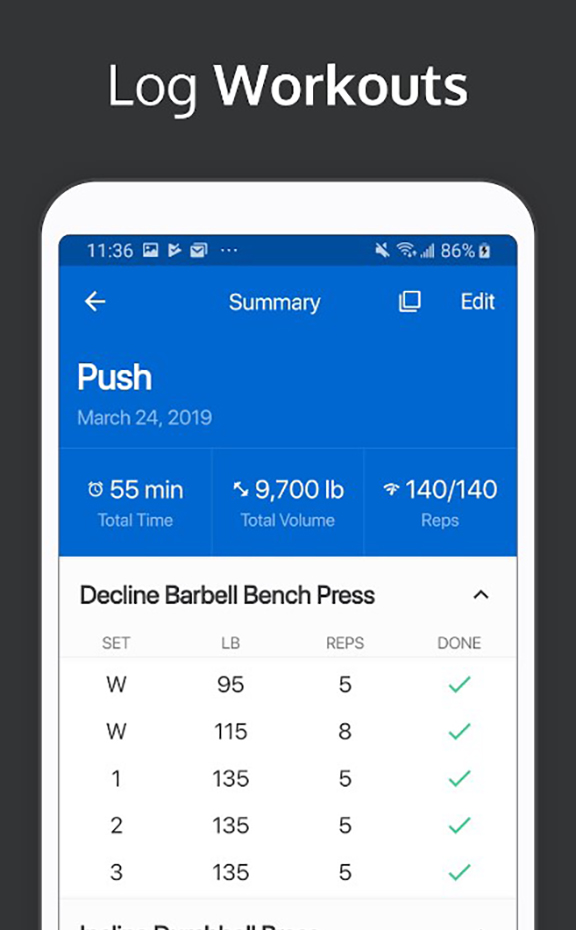
The Ultimate Use Of Blockchain Technology In The Fashion Industry


Table of Contents
Blockchain has completely revolutionized the way supply chains and digital payments look like. Blockchain was only focused on being part of cryptocurrency (Bitcoin). But with the advancements in trends and technology, it has expanded its use cases across different industries. One of those in the fashion industry. However, the blockchain fashion supply chain is already on its way to discovering different possibilities. From inventory management to brand protection growing among early adopters, it is worth pointing out certain pitfalls that come with employing blockchain.
Blockchain is a shared database or a digital ledger that automatically updates information across different networks. This means there is no need for a central intermediary or a third party. For example, the technology was invented in 2009, allowing users to send and receive payment without the involvement of a third party.
Companies are already using this technology to verify digital identities, enable smart contracts that execute automatically and track the shipment of goods and services across the globe.
For example, walnut is using blockchain to track food shipments and improve safety; on the other hand, the diamond industry is using every ledger’s blockchain to verify diamonds’ source and unique attributes. Hence blockchain in the fashion industry has a wide range of scope along with desired benefits.
- Structure Of Blockchain Technology

To understand the structure of blockchain, there are different phases that you need to understand. Let us help you to understand all-
1. Blocks
2. Block time
3. Hard folks
4. Decentralized system
Blockchain technology eliminates the risk of data being held centrally with the help of peer to peer networks. This type of network hardly allows hackers to exploit the system. In addition, value tokens are also recorded as belonging to that particular address.
5. Privacy
Privacy in the blockchain is determined by the two sections, open and private. However, when it comes to privacy, blockchain has tight security to enable data to stay protected without the involvement of a third party.
- Connection Of Blockchain With The Fashion Industry

One of the most promising applications of blockchain in the fashion industry is supply chain and inventory management. They combine radio frequency identification and IoT technologies. They can instantly track raw material shipments from the source to the factory and then track the finished products with the help of their entire distribution chain to the consumer.
- Besides this, blockchain has the potential to enhance intellectual property both for designers and brand owners. Branded goods can be tracked through blockchain and their authenticity (the brand owners can verify that). This reduces fraud when goods are sold.
- Blockchain applications will help designers document every step in the design process by delivering an unaltered proof of creation.
- Brand owners who license their designs or trademarks can also use blockchain technology to keep track of sales and loyalty programs.
- The fashion industry is already beginning to test blockchain possibilities. In 2017, London designer Martine Jarlgaard collaborated with the blockchain company Provenance to introduce the first garments with smart labels.
- Blockchain Technology Transforming The Fashion Industry

Blockchain technology is taking different industries to the next level by creating a truly decentralized and global network of computers. In turn, it processes and verifies every transaction with no human intervention. As a result, the blockchain fashion industry has been shaped for quite a few years. But what has made the blockchain industry fit within fashion? Here we will help you know how blockchain technology is transforming the fashion industry.
a. Monitoring of deliverables
With blockchain for the fashion industry, there is no need to be worried about items and parcels getting lost. Instead, sellers and customers have the authority to view exactly where the items are. This can be done by GPS navigation tracking from the distributor warehouse to the consumer’s front door.
Several online platforms have enabled customers to shop for their desired products within a few clicks. However, sometimes waiting for deliverables can decrease productivity, and the entire process can be tedious. Hence companies are adopting advanced technologies to reduce their burden. For example, tracing or tracking deliverables on the blockchain can reduce the likelihood of getting lost. Therefore, each delivery process can be monitored on the blockchain, making an entire process transpire and delivering an efficient experience for customers and suppliers alike.
b. Reduction in counterfeit products
Products or items registered within the blockchain will be next possible to counterfeit. However, arguments are going on that a counterfeit item could be registered on the blockchain in the beginning/during the supply-chain process. However, most consumers do not worry about high-end brand shipping regarding blockchain technology. The technology helps tackle counterfeit by identifying provenance, which is proof of product origin. It is because blockchain offers a secure and trusted security system.
Companies implement blockchain provenance identification with the help of smart tags, which, when attached to the good, will be able to identify the manufacturer’s place and track its location.
c. Ownership of the blockchain
There were times when blockchain technology was not in the industry. But with its introduction with advanced benefits, it becomes an essential part of every industry. The blockchain allows the ownership of the data, physical property and even intellectual property to be verifiable. In 2017, Martine Jarlgaard, one of the designers of London, introduced the first garment with smart labels often in the form of QR codes that in turn are recorded in the form of blockchain.
d. Provenance
When it comes to provenance, the diamond industry utilizes blockchain technology to trace each step of the supply chain involved in the mining, transporting, crafting, and sales, along with various components involved in each process. With the adoption of blockchain technology, several manufacturers of diamonds came together to help develop and form Racer (the open-source blockchain platform) by improving traceability within every part of the diamond industry. On the other hand, Everledger can easily track each step in the life cycle of precious gems and stones and record verifiable data on the blockchain.
e. Supply chain management
Blockchain in supply chain management works like a game-changer for businesses all across the globe. This means both for small scale large businesses and blockchain technology services come with advanced benefits. For example, companies can now easily acquire full transparency of their goods. This includes the authenticity of the material. On the other hand, the journey from manufacturer to wholesalers, suppliers to distributors and retailers records the ownership once the products have been purchased. In this way, the fashion industry is ruling with blockchain technology with secured methods.
f. Blockchain Coupons & Warranties
An open-source record of the time goods and services are purchased the entire process easier. This means both consumers and manufacturers maintain records of product warranties, verifiable records and even guarantees. This means customers at present do not have to hang up their product receipts here and there. Furthermore, with the help of blockchain technology, brands and retailers now can offer their customers digital coupons on the blockchain. By this, we mean that brands can reach a wider audience cost-effectively and efficiently.
g. Control of customer data
Apart from tracking physical goods on the blockchain consumers can now easily know where and how data is being used. This happens when consumer data is entered into the blockchain then customers can stay in touch of where and also to who they give data. Blockchain comes with advanced safety and security and can keep up the control of customer data. There is tight security that can be easily witnessed with the help of blockchain technology be it for any industry.
- Blockchain To Redefine Customer Experience

Blockchain is revolutionizing different industries across the globe. Accordingly, 66% of global consumers and around 73% of millennials are willing to pay for sustainable goods, with the help of tokenizing physical assets and allowing customers to see where their items are sourced. In addition, retailers are using blockchain technology to redefine the customer experience.
Blockchain helps tokenize non-fungible assets, allowing each asset to be easily held, exchanged, purchased and traded. Customers can now easily login into a brand’s website to create proven ownership of luxury assets that can be verified and transferred to another party. Using blockchain, brands can digitize, track and trace the entire lifecycle of luxury items.
- Blockchain Use Cases In Retail & Fashion Industry

Talking about the use cases, there are three of them to be used in the retail and fashion industry namely
- Digital twins link the physical to the digital.
- Traceability of the raw products throughout the lifecycle.
- Loyalty programs attract customers by delivering them ease along with services.
To Conclude
Blockchain technology offers ease to customers and ease in tracking each record. By eliminating various shortcomings, blockchain technology is helping brands and customers shape their outcomes in a secure form. Blockchain technology stands to address long-standing industry challenges with the improvement of data management tools by enhancing supply chain operations and also reducing the risk of counterfeiting. Blockchain in the fashion industry is a positive movement for consumers, retailers and suppliers with improved protection and records of every transition or supplying goods or services.




